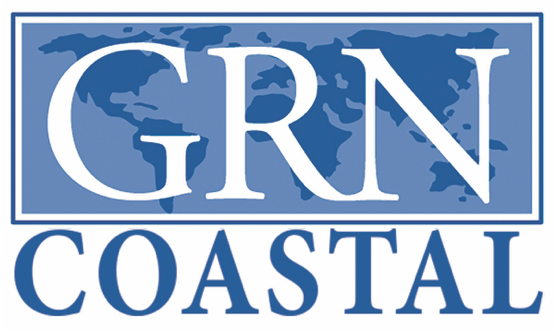This is article one in a 5-part series on HR trends and industry insights. Each article will focus on key areas affecting HR professionals and senior executives. Data detailed in each article comes from a recent survey of C-Level and HR executives conducted by GRN Coastal.
One of the big trends we see happening more and more is ghosting. A candidate who “ghosts” an employer essentially disappears, not to be heard from again. We have seen engaged candidates suddenly withdraw from the interview process and have no communication back with clients, even after an offer has been extended. We have seen interested candidates send in correspondences and resumes and apply for roles online, and then disappear.
Candidates have choices, and the only sure indicator of why they may have become a ghost is when they show up working for another company a few weeks later. These actions point out a few key concerns:
- What are the real reasons that the candidate disappears… is it a low offer?
- What has happened throughout the process that has made the candidate disappear?
When talking with clients, a few potential reasons appear. Maybe the interview process is flawed. Maybe the hiring manager doesn’t give the candidate their undivided attention in the interview. Maybe the candidate hasn’t got a good vibe about the organization or hiring manager. Maybe the candidate was essentially kicking the tires to get inside the company to view its culture and workplace environment themselves. There isn’t truly anything that can be done upfront to qualify a ghost, otherwise watching their behavior closely and how fast they react to requests throughout the process. A candidate who isn’t responsive most likely isn’t totally interested or indeed the right candidate. Your talent acquisition team or recruiter needs to share these insights with the hiring manager no matter how strong a candidate may be on paper.
The interview process at most distributors is a high-pressure endeavor administrated by HR personnel that are wearing many hats within the organization. Today 67% of respondents stated that they have an HR department with two or fewer full-time employees in it. In order to showcase their companies in the proper light, a cross-functional team-oriented approach must occur.
Clients can also “ghost” a candidate. Does your organization have a detailed follow-up process for each candidate interviewed? We hear candidate feedback that their emails to HR and hiring managers go unanswered. That their follow-up phones calls go unanswered, that they essentially are cut off from any level of feedback from the interview team. HR can’t do it all!
We highly recommend some sort of feedback to candidates within 3-5 days of an interview. Good or bad, the candidates deserve that feedback. In today’s day and age of technology, a simple text or email can suffice to give the candidates their status. Remember that your organization is always being judged, and you don’t want this “lack of feedback” concern to get twisted at the street level. Your reputation is at risk. Candidates deserve feedback, they invest their time away from their current job and put themselves at risk by interviewing in your building. Don’t become a ghost as it hurts your company’s image in the marketplace. These are just a few examples of why the interview process is so critical on EVERY interview.
Part 2 of this series will focus on how to attract top talent and prep for the interview process.
About the author: John Salvadore is the founder and Managing partner of GRN Coastal. GRN Coastal is a full-service recruitment company. You can reach John at Jsalvadore@grncoastal.com








